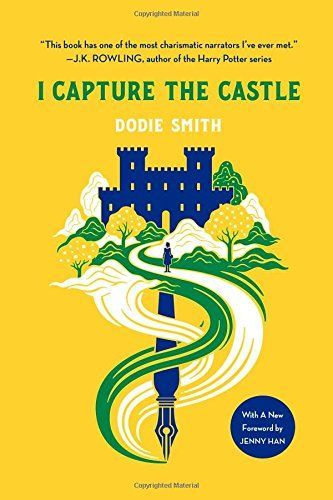
Reviews
Jacqui Spears@jcspears
Monicap@insult_the_glory
Sarah Sammis@pussreboots
Christine@definitelynotskittles
Laura Mauler@blueskygreenstrees
Meagan Fischer @mstypharatfinklatifolia
Ashlyn@demonxore
Maya Ryvlin@mayarrr
Jeannette Ordas@kickpleat
Sarah Ryan@sarahryan
Sarah Escorsa@shrimpy
Maria@mersibaq
Grace O'Callaghan@graceinneverland
Mayra Melo@mayramelo
Kate@ifibewaspish
Jade Flynn@jadeflynn
Heather Murray@hmurray
zilver @howl
James Haliburton@jdhberlin
Zara Doulton@zaradoulton
ella@ellasreadings
JT@jminniet
Thaddeus Cortez@kilgore
Wonko the Sane@wonko
Highlights
ella@ellasreadings
ella@ellasreadings
Michelle Mouton@michelle_mouton
Page 358
Michelle Mouton@michelle_mouton
Page 241